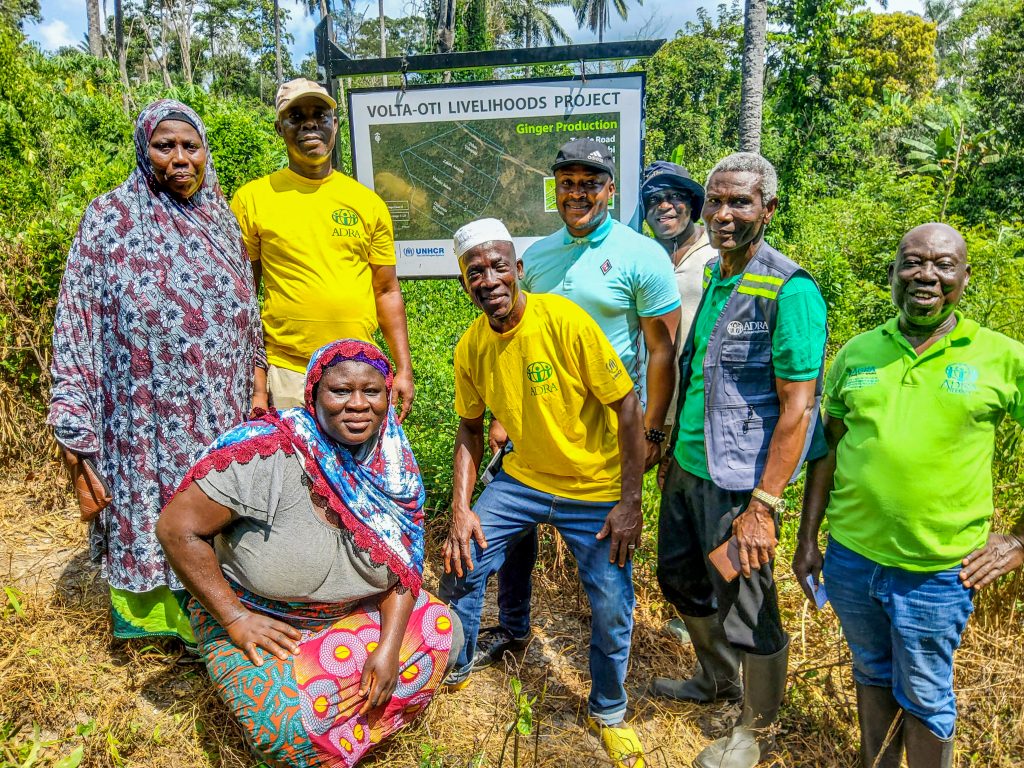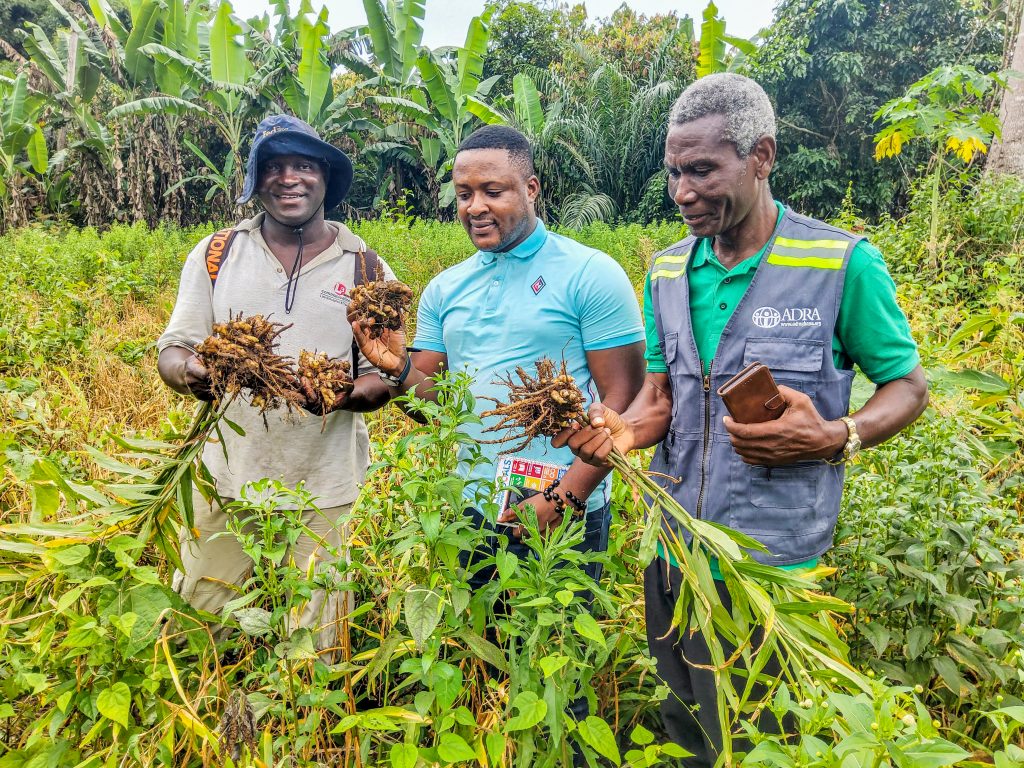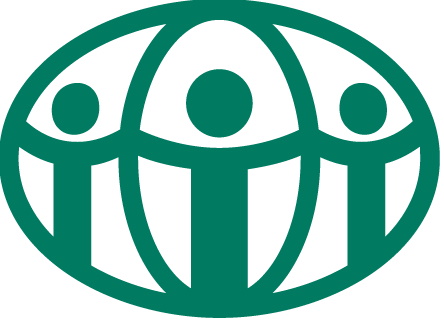Source: Patience Folley

The importance of refugee self-reliance cannot be over-emphasized. Once refugees are actively engaged economically, they can fend for themselves and their families and contribute meaningfully to society. This also helps boost their dignity and restore their independence.
It is for this reason and more that the Adventist Development and Relief Agency (ADRA) Ghana, with funding from UNHCR, commenced the implementation of a livelihoods project for Togolese refugees and their host communities in the Volta and Oti regions of Ghana in November 2021. Ninety-six beneficiaries were registered under the technical and vocational training (TVET) program to pursue different skills training, including Fashion and Design, Cake Craft, ICT, Welding, Masonry, and IT. After the successful completion of their programs, all beneficiaries were provided with the necessary set-up equipment and tools to enable them to start their journey to self-employment, empowerment, and resilience.
Ginger production:
The project also involved the cultivation of ginger. Seventy-five beneficiaries in 12 locations cultivated 75 hectares (each beneficiary cultivating one hectare, i.e. 2.5 acres) of land. 43-year-old Okoko Jabez, a refugee farmer who is the project’s secretary, says they have had a very fruitful yield, and harvesting of the ginger is ongoing. However, a significant challenge they are facing is with the marketing of their produce. He looks forward to better marketing avenues for their subsequent planting seasons.
“We are delighted the season went well, and we’re harvesting a lot of ginger. We just need more buyers so we can expand more.”
The Project Manager from ADRA, Ms. Jane Kwao Sarbah said to address the marketing challenges, the marketing team from ADRA is scouting for market opportunities both with large and small-scale buyers to help the farmers to ensure the project objectives of increasing the productivity of the farmers and improving their income levels are achieved.
“We are committed to linking the farmers to identifiable ginger bulk buyers and users such as beverage factories in Ghana which utilize ginger in their production.”
Extension service and technical support for ginger production were provided by the Ministry of Agriculture (MOFA) and Agriculture specialists from ADRA, who assisted the farmers in adopting innovative technologies that would increase the ginger yields and meet the quality marketing standards of the ginger rhizomes.
In addition to technical training, all 171 project beneficiaries were taken through relevant financial and environmental management training and have been linked to local loans and credit agencies operating in the two regions.

Ghana hosts over 3000 Togolese refugees who have spontaneously settled in the Volta Region alongside the host population. Many have been refugees for over 20 years and are yet to find durable solutions to their plight. UNHCR supports the government through partners like ADRA to enhance their livelihoods and self-reliance to ensure that they can meet their own needs and contribute to the economy of the areas in which they live.
ADRA is the humanitarian wing of the Seventh-day Adventist Church, which has since 1983, partnered with governments, local communities, and organizations to offer relief in times of crises and sustainable development interventions to improve lives.
Share this Post

